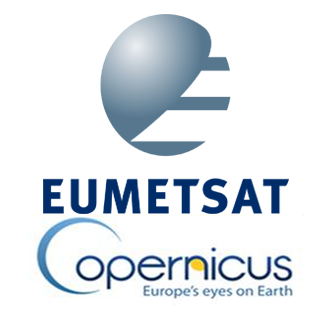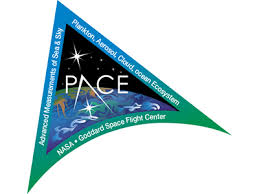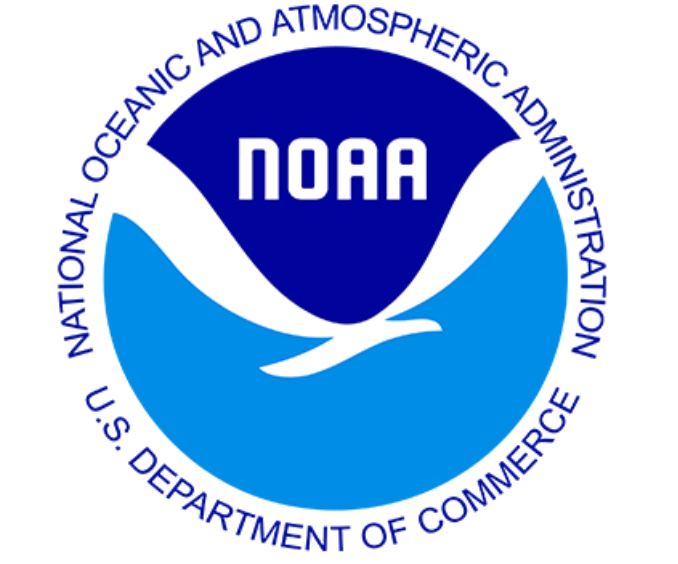EUMETSAT Training Course – Using the Copernicus Marine Data Stream for Ocean Applications: 28 September – 23 October 2020
The purpose of this EUMETSAT Copernicus Marine Data Stream (CMDS) training workshop is to share knowledge, skills, resources and code so attendees are able to independently access and process Sentinel-3 data for their marine work-flows and applications.
Target audience: Training is aimed at, but not restricted to, early career scientists: Masters / PhD students, Post-Docs, and/or experienced scientists from any relevant sector (industry, government, environment, research) who have clear motivations for wanting to work with satellite-based ocean observation data. It would be beneficial for participants to have introductory experience using SNAP and/or a scripting language such as Python (or similar), but this is not a prerequisite. Please note that this course is aimed at a European audience and as such funding for this course is primarily available for participants from Copernicus programme member states.
Dates and format: Training will take place entirely online through two phases. The first self-taught phase will involve self-paced (asynchronous) flexible learning over 3-weeks through webinars, forums (particularly for software installations), documentation and assignments. The second classroom phase will be hosted over Zoom, and make use of more structured teaching through live demos, interactive tutorials, group work, and 1:1 meetings. This 5-day classroom phase will require attendance from 10h00 – 16h00 CET from the Monday through to the Friday.
Self-taught phase: 28th September – 16th October 2020
Classroom phase: 19th October – 23rd October 2020
Application Deadline: Midday EST 18th September 2020. For more information and to apply please see: https://training.
![]()





